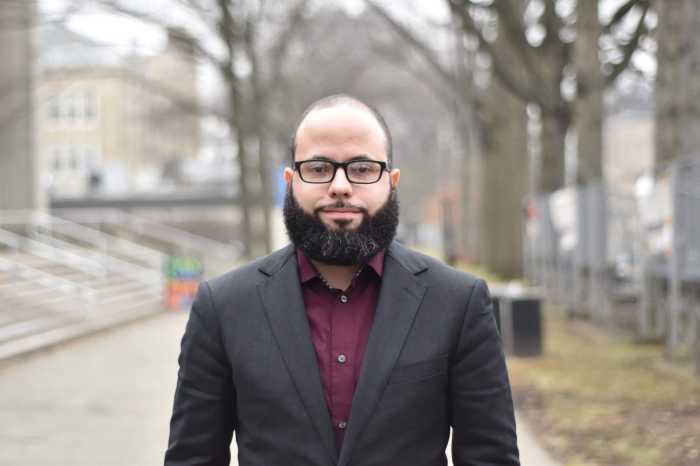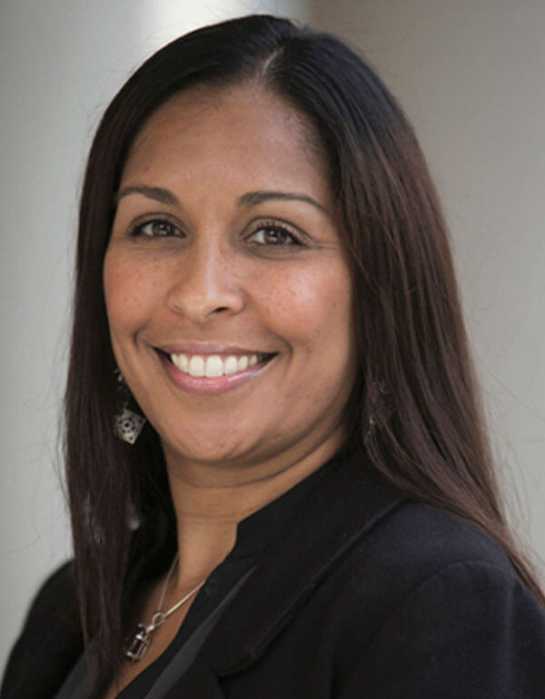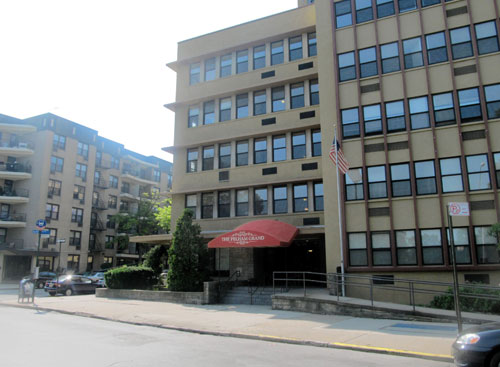- While the number of new HIV infections and AIDS cases continues to decline across the U.S., The Bronx is still home to approximately 25,500 people living with HIV, with almost 500 residents newly diagnosed and nearly 500 who die each year. Approximately one in four new HIV diagnoses in New York City occurs among Bronx residents, with most newly diagnosed people identifying as Black and or Hispanic, and aged 39 or younger.
- To address this disparity, Montefiore Health System and Albert Einstein College of Medicine have been awarded a three-year $975,000 grant to explore a secure text and video messaging platform meant to improve care and outcomes by keeping patients and providers closely connected. The pair can safely discuss important care details from medication adherence, to challenges that prevent patients from following care recommendations. The Building Equity: Intervening Together for Health (BE InTo Health) grant was awarded by the New York City Department of Health and Mental Hygiene.
As part of the BE InTo Health grant, providers at The Oval Center at Montefiore will adapt a proven intervention known as E-VOLUTION, first developed with federal funding from the Health Resources and Services Administration, an agency of the U.S. Department of Health and Human Services. E-VOLUTION has two main components: automated two-way text messaging interventions, such as reminders to take medications and attend appointments, educational health materials and health assessments; and live text and video messaging between providers and their patients. The automated two-way text messaging allows providers to recognize potential concerns and reach out to their patients in real-time to help resolve any issues.
The Oval Center currently serves adolescent and adult patients, and offers screening and treatment for sexually transmitted infections, HIV pre- and post-exposure prophylaxis programs, LGBTQ+ care, HIV care, mental health and many other sexual health services.
“Young people living with HIV, especially those who are LGBTQ+ and Black or Hispanic, have more challenges getting into care, staying in care and consistently taking treatment,” said Dr. Barry S. Zingman, the principal investigator of the grant who also serves as medical director, AIDS Center, and clinical director, Infectious Diseases (Moses Campus), Montefiore; and professor of medicine at Einstein. “This same population may be a significant driver of the continued spread of HIV. Our goal is to leverage technology to help improve access to care among newly and recently diagnosed youth as well as people whose HIV is not well controlled and, in doing so, bring their HIV consistently to undetectable viral levels. By achieving this goal, we can help people live longer, healthier lives while also controlling the spread of the virus.”
DEPLOYING TECHNOLOGY TO IMPROVE CARE
E-VOLUTION works by safely sharing real-time protected health information with the care team, enabling providers to gain a better understanding of patients’ physical and mental wellbeing and needs. The platform also provides educational modules to help young patients better understand their diagnosis and prompt them to take their medications. Enabling open lines of communication strengthens the feeling of human connection and support between the care team and patients.
“Learning you’ve just been diagnosed with HIV is life-altering, especially for LGBTQ+ youth,” said Justin Toro, practice manager, The Oval Center at Montefiore, and a project manager on the grant. “By using a text and video messaging platform, we’re meeting our patients on their preferred form of communication. We hope this program will break down barriers to care and ensure our patients, a traditionally hard-to-reach and underserved group, feel supported and empowered to manage their HIV successfully.”
The Oval Center is adding new positions, including: two patient navigators to respond to texts from patients; a social worker to assist with challenges patients may experience in their personal lives (both in individual sessions and group sessions); and an LBGTQ+ peer to support these young patients.
The BE InTo Health grant begins Aug. 1, 2021 and concludes on July 31, 2024.
New $975K grant to support HIV+ youth in the Bronx

Montefiore Hospital
File photo


















